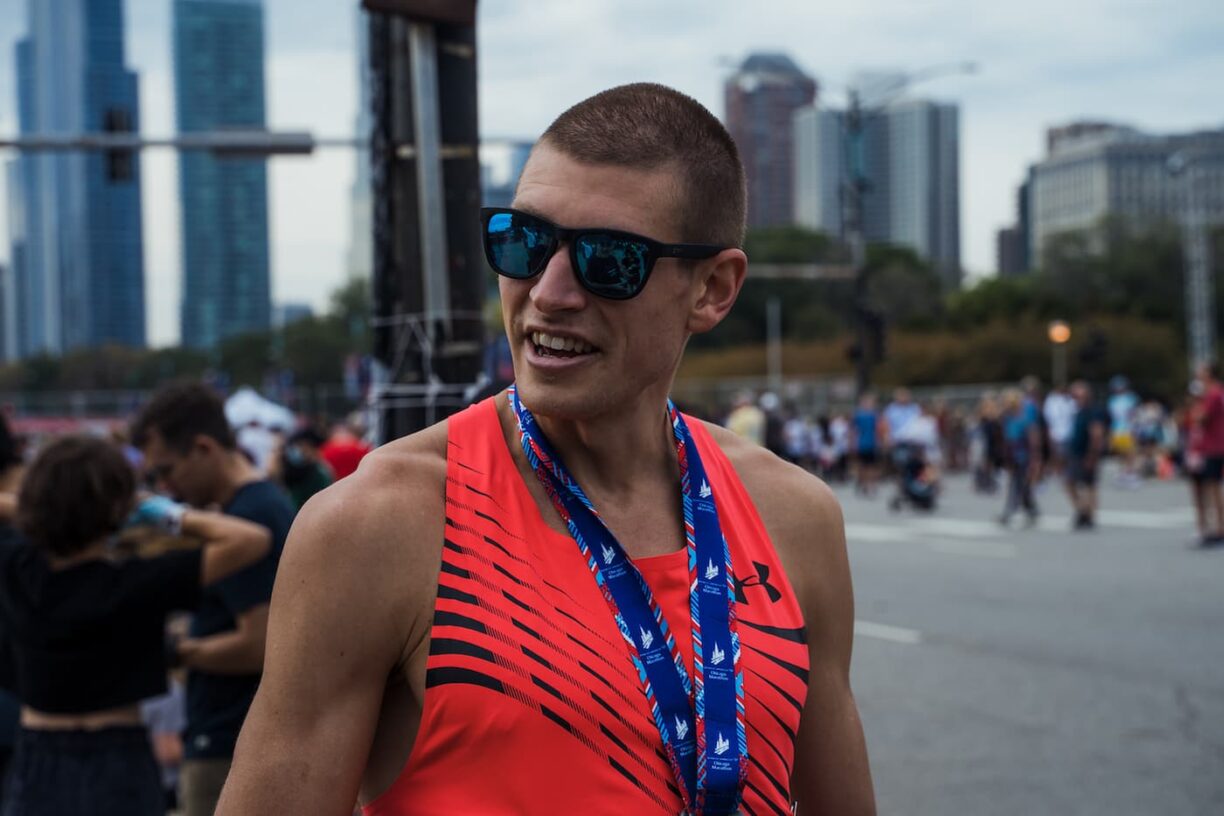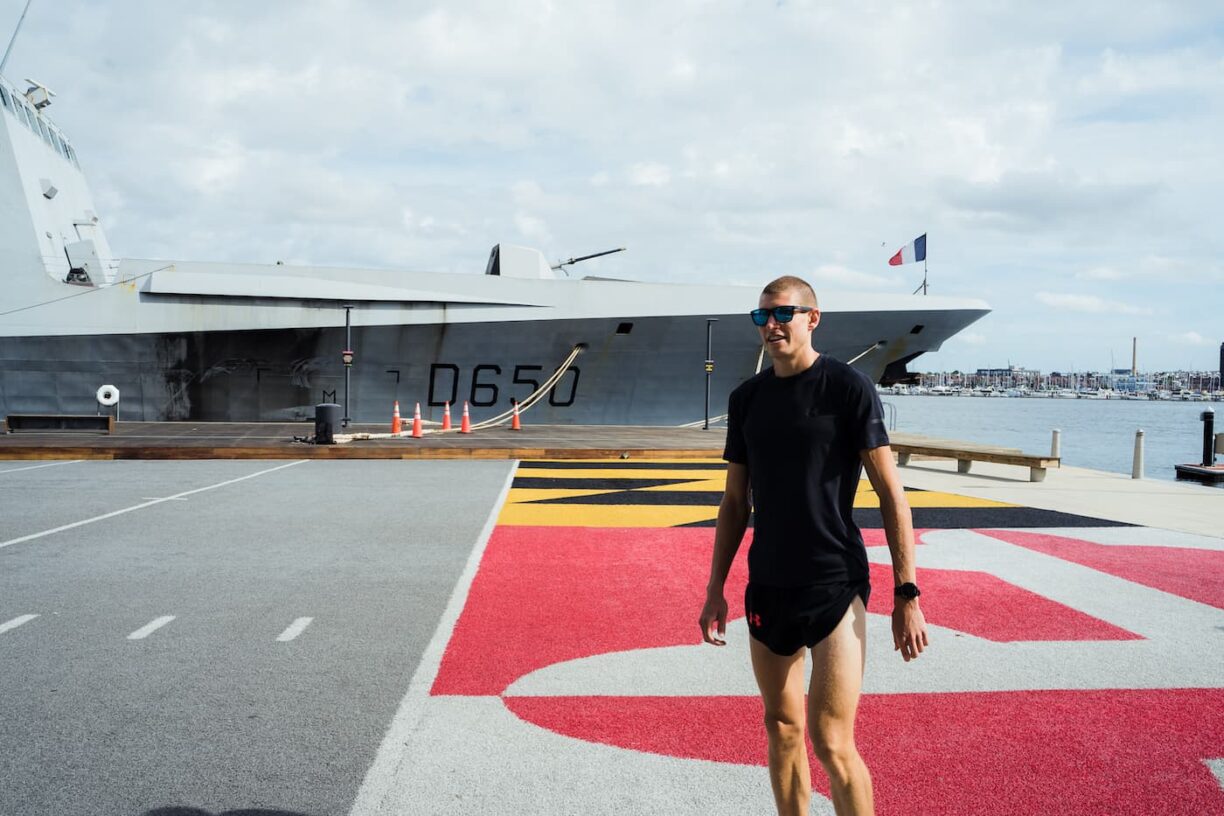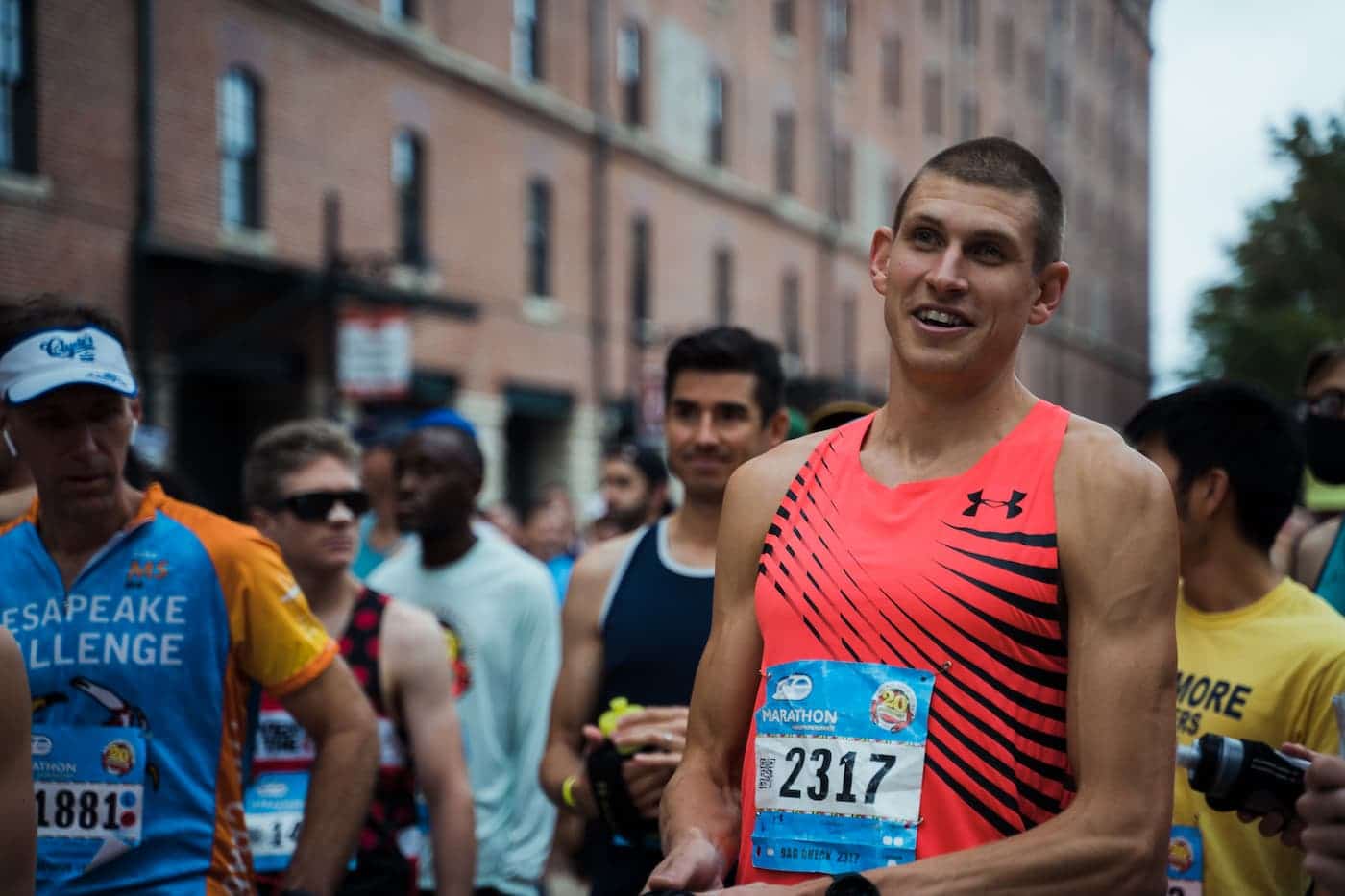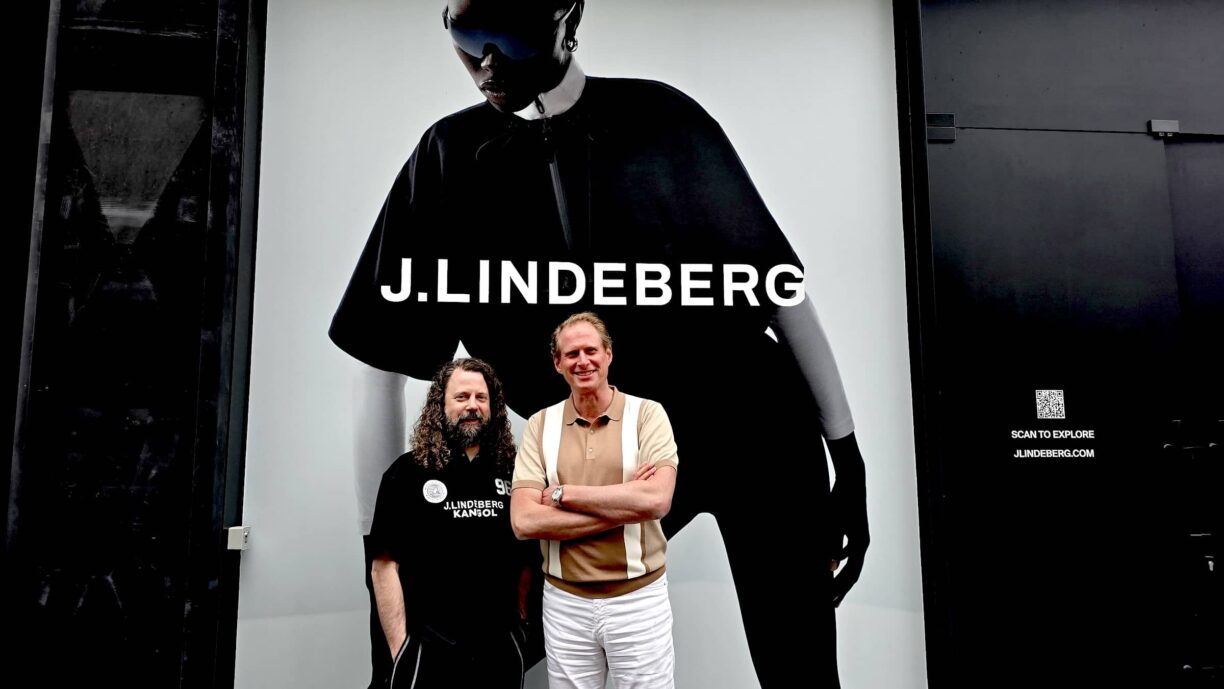As he crossed the finish line of the Boston Marathon against a backdrop of raucous cheers and clanging cowbells, endurance runner Jordan Tropf finally had a chance to catch his breath after a whirlwind journey that included far more than the course’s 26.2 miles and its infamous Heartbreak Hill.
It was Tropf’s third marathon in as many days, a unique challenge made possible by a pandemic scheduling quirk that saw Baltimore hold its race on Oct. 9, Chicago on Oct. 10, and Boston on Oct. 11.
Far from a novelty act just to say he did it, the 29-year-old from Silver Spring, Md., completed the three races in a combined 7 hours, 31 minutes, 30 seconds — a heart-pounding, leg-burning time that he’s submitting as a Guinness World Record. (The previous record was 8:11:08; it can take several weeks for Guinness to certify the new record.)
On Monday, Tropf crossed the painted stripe on Boylston St. outside the Boston Public Library in 2:32:13, finishing in 110th place. On Sunday, he placed 63rd in Chicago (2:31:54). In Baltimore on Saturday, he finished second (2:27:23).
All told, he ran 78.6 miles, averaged 2:30:30 per race, and navigated some 1,700 logistical miles that pushed the limits of performance, recovery, and a new prototype of an Under Armour marathon shoe that is slated for release in 2022.

“The shoe will fly,” says Tropf, who routinely tests products for the brand. “After trialing a number of ‘super shoes,’ Under Armour brings all the right things—these shoes were a weapon on race day. I hope this adventure will be a testament to Under Armour being a real contender in the run space.”
Although he’s not a sponsored UA athlete, Tropf has a strong connection to the brand. His wife, Hannah, is a sports marketing manager in the company’s running division. A quintessential UA Focused Performer, Tropf has long balanced a rigorous training workload with a demanding career, often waking up as early as 3:30 a.m. to get his miles in before work.
A graduate of the U.S. Naval Academy and the Johns Hopkins University School of Medicine, Tropf is an orthopedic surgeon at the Walter Reed National Military Medical Center in Bethesda, Md. He’s also an accomplished long-distance runner who won the 2017 Baltimore Marathon, the 2019 Big Sur Marathon, and the 2019 Marine Corps Marathon.

He dubbed his attempt at three marathons in three days the Hold Fast project, which the running publication Believe in the Run previewed in early October. Given his military background, Hold Fast is a nod to the idea of sailors on deck bearing down and fighting through the storm.
The Baltimore-Chicago-Boston trifecta was unlike anything Tropf had attempted in the past, even though he’d run multiple races into condensed timeframes.
In 2017, he ran the Chicago, Baltimore and New York City marathons in less than a month’s time. In April 2019, he ran the Ironman African Championships, the Boston Marathon, and the Big Sur marathon—193 total miles that culminated with him breaking the tape at Big Sur.
“Attempting to run back-to-back-to-back marathons in three days was one of the biggest running challenges I’ve had the pleasure of taking on. Mentally, it was just a matter of getting comfortable with being uncomfortable. Physically, we did our best to recover and set up the best races possible.”
– Jordan Tropf
Michael Watts, the director of athlete performance at UA’s Human Performance Science & Research Center, gave Tropf valuable advice about additional training strategies and the physical, mental, hydration, energy, and recovery challenges that he would face over the grind of three marathons.
Food selection was a particularly notable one given Tropf’s hectic schedule around the operating room. “Work complicates what and when I can eat,” he says. “Sometimes this involves going an entire day only eating granola bars or random pizza or other treats that appear in the work lounge. When I’m at home, I’m generally healthy. The priority is getting sufficient calories.”
The UA Human Performance team advised Tropf to get seven to nine hours of quality sleep each night leading up to the long weekend (in the past, Tropf had told Runner’s World that five hours of sleep in his busy schedule were “golden”). Having a sleep surplus was essential for Tropf’s recovery during the grueling process that included getting on planes, scrambling to hotels, and adjusting on the go—because of canceled flights, he was unable to fly from Chicago to Boston and instead had to drive from the Windy City to Detroit to catch a flight.
“This has been an exciting challenge to help Jordan, and we knew it would not be easy. The mind is the biggest driver. During endurance events, we often find a flow state or the runner’s high taking the mind to a place that stops us from thinking about the body or anything that might distract us. The athlete’s motivation and purpose is the reference point during those times when it starts to hurt or when you start to question why you are doing it.”
– Michael Watts, director of athlete performance at UA’s Human Performance Science & Research Center in Portland
As for Tropf’s purpose?
“I’ve never been satisfied with mediocrity and I am always looking to bring it to the next level,” he says.
He found a kindred spirit in the work that has gone into Under Armour’s yet-to-be-released marathon shoe, which is designed to be fast, lightweight and help set personal bests.
“I’ve developed enormous respect for the brand through my opportunity to be a shoe tester,” Tropf says. “It values every opinion, listens to the testers, and actively makes improvements that we see in each subsequent model to better the shoes. Under Armour is committed to creating superior products and continuously improving. I can relate to that.”





